How to win the Olympics
Finding an optimal strategy for curling - by Patrick Oberlin
Do you want to win the Olympics? Then start by picking a discipline with untapped strategic potential and analyse it better than the current top players.

Curling is a prime candidate for this. Although it is often called “Chess on Ice” for its simple rules and deep strategy, current analyses are based mostly on statistics.
In curling, two teams slide rocks across ice aiming to get closest to a target. But unlike chess, rocks can bounce off each other like snooker balls, do not follow a grid, and their precision depends on the player's skill, adding uncertainty that has to be considered to make tactical decisions.
In this project, we seek the optimal move for any rock arrangement, factoring in imprecision by considering all possible outcomes and weighting them by probability of occurrence. Due to the finite length of the game, we can work backward: first, we learn the best play for the final rock, then use that knowledge to evaluate earlier decisions, bypassing the need to play the game through.
To do this, we use the actor-critic method, where two neural networks work together. The critic evaluates how good different actions are in a given situation, while the actor learns the best action based on the critic’s feedback. You can think of the critic as a coach who gives immediate feedback after every shot, so that you don't have to wait until the end to evaluate your earlier decision. The actor improves by trying moves and learning from the critic’s judgment, and the critic learns by observing and evaluating the resulting position.
This foundation enables two things: players can improve their tactics using learned strategies, or play against a bot trained on them. More importantly, this unbiased tool could uncover strategies no human has tried before. So if you're chasing that Olympic medal, just add computing power and let strategy win the game.
Text by Patrick Oberlin; picture by Anil Mungal Can batteries support Run-of-River power plants during periods of low electricity prices? - by Yannick Schüpbach
Using real-time sensors to detect early warning signs of power grid instability - by Ioannis Papadopoulos

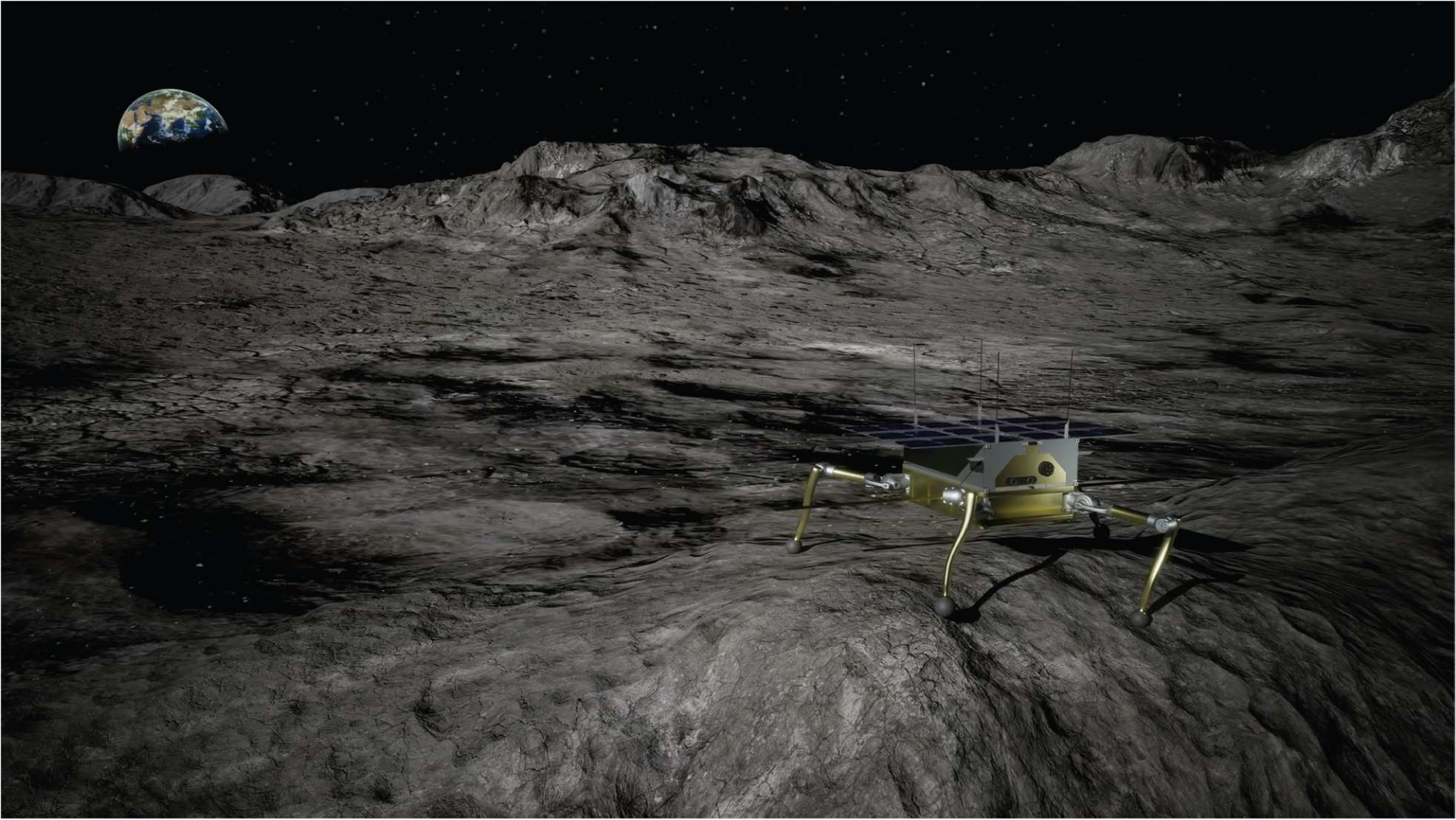





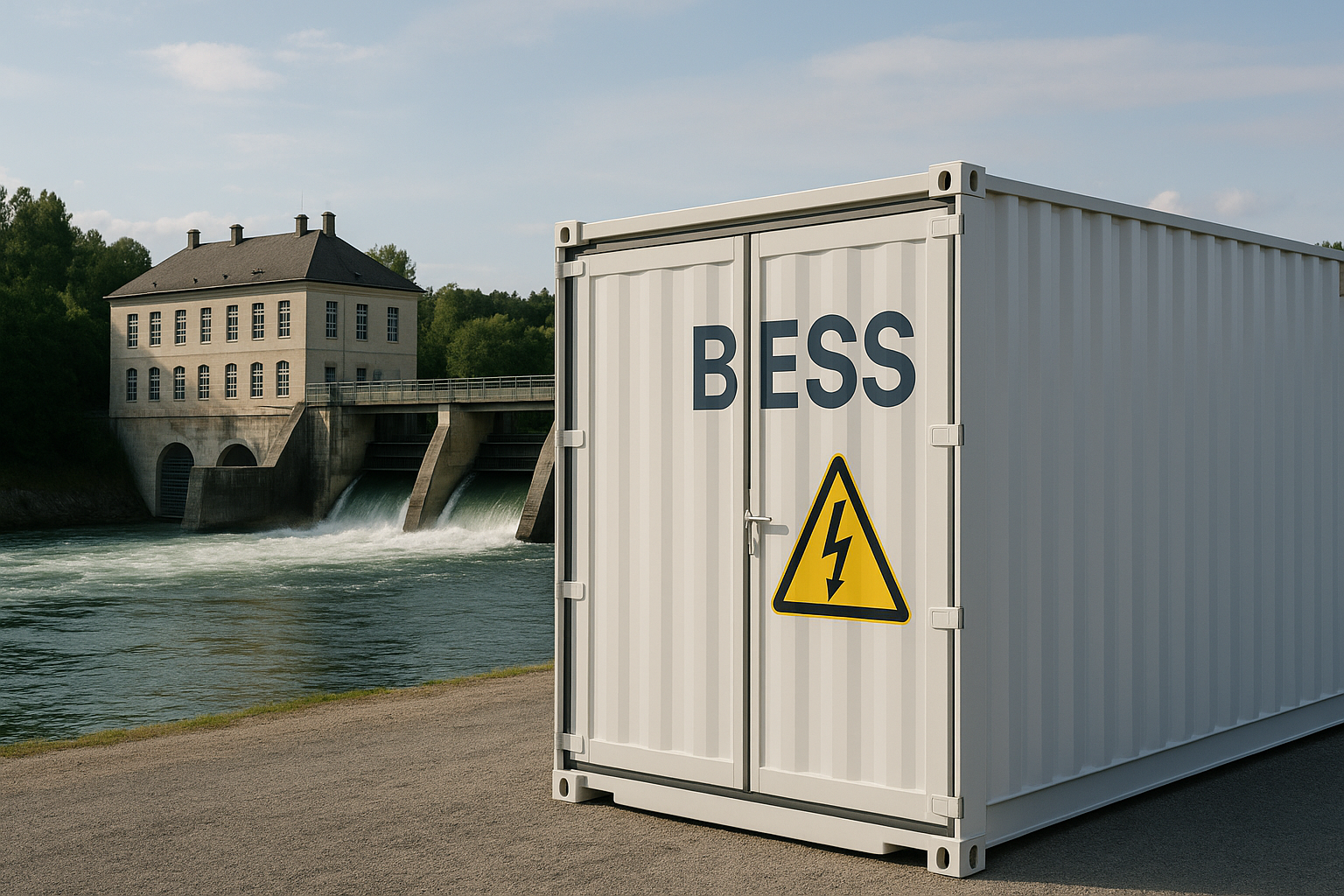
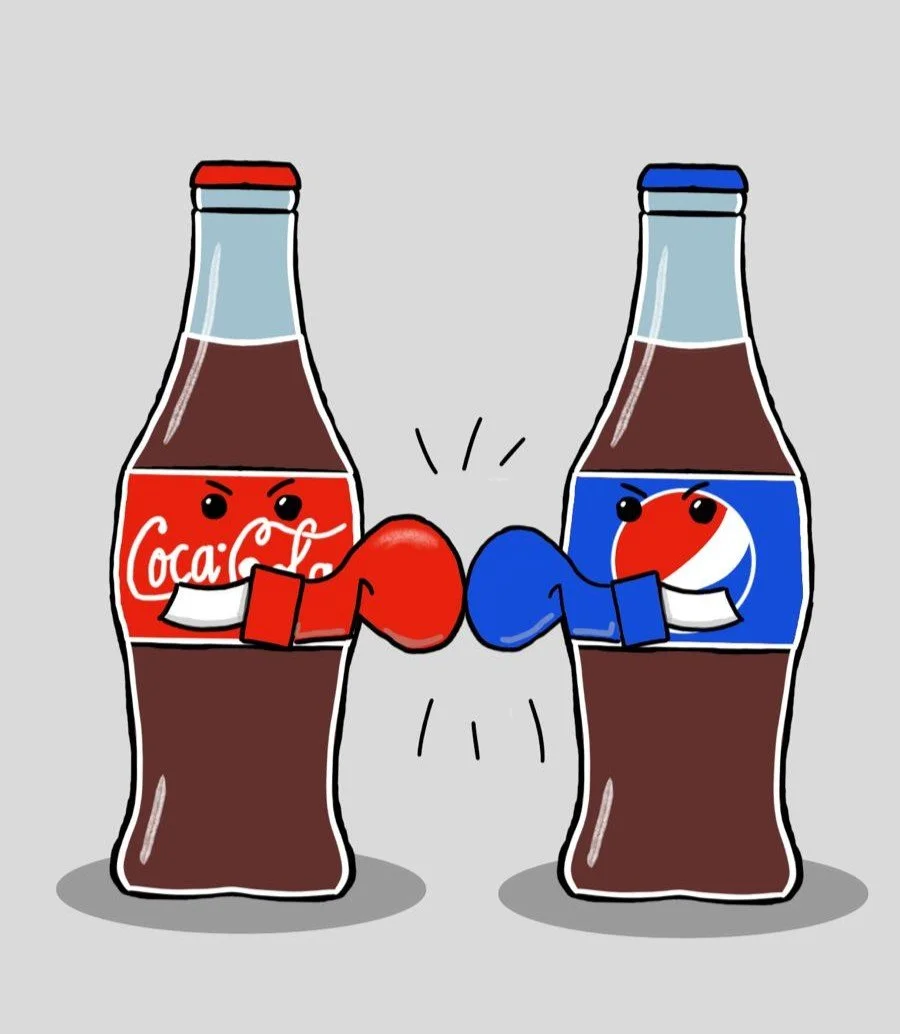
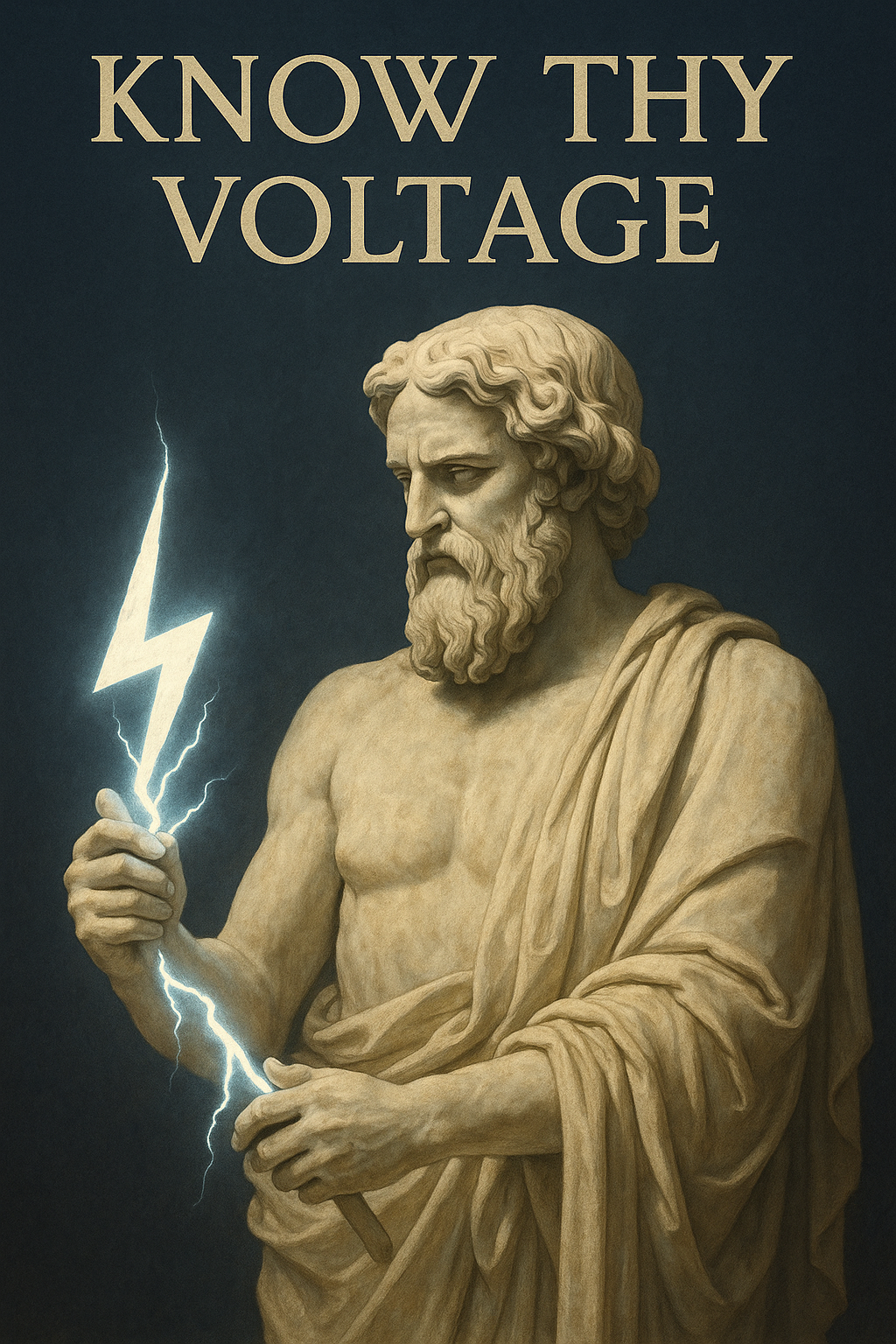


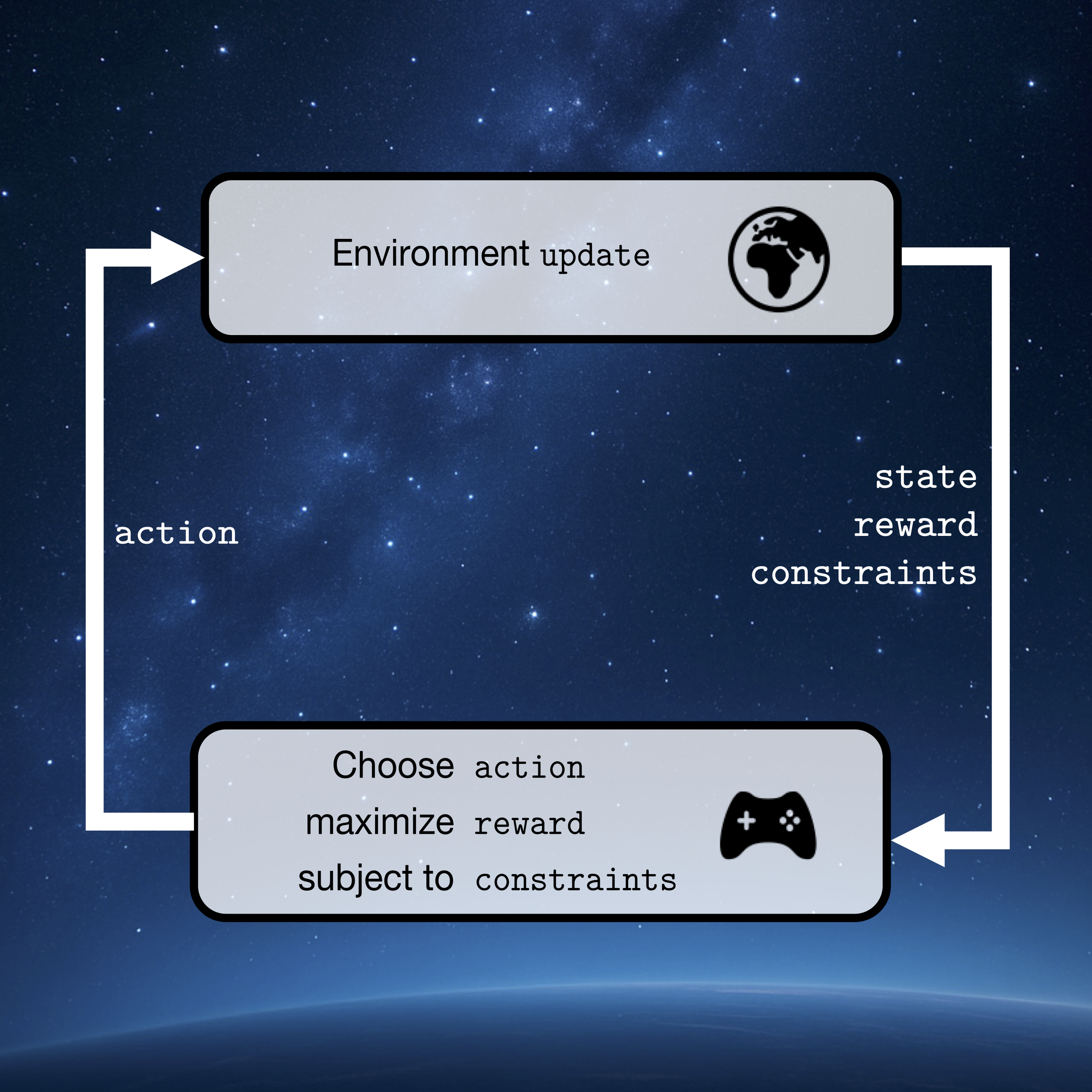














How to increase the transmission capacity of the electric power grid efficiently and economically - by Samuel Renggli